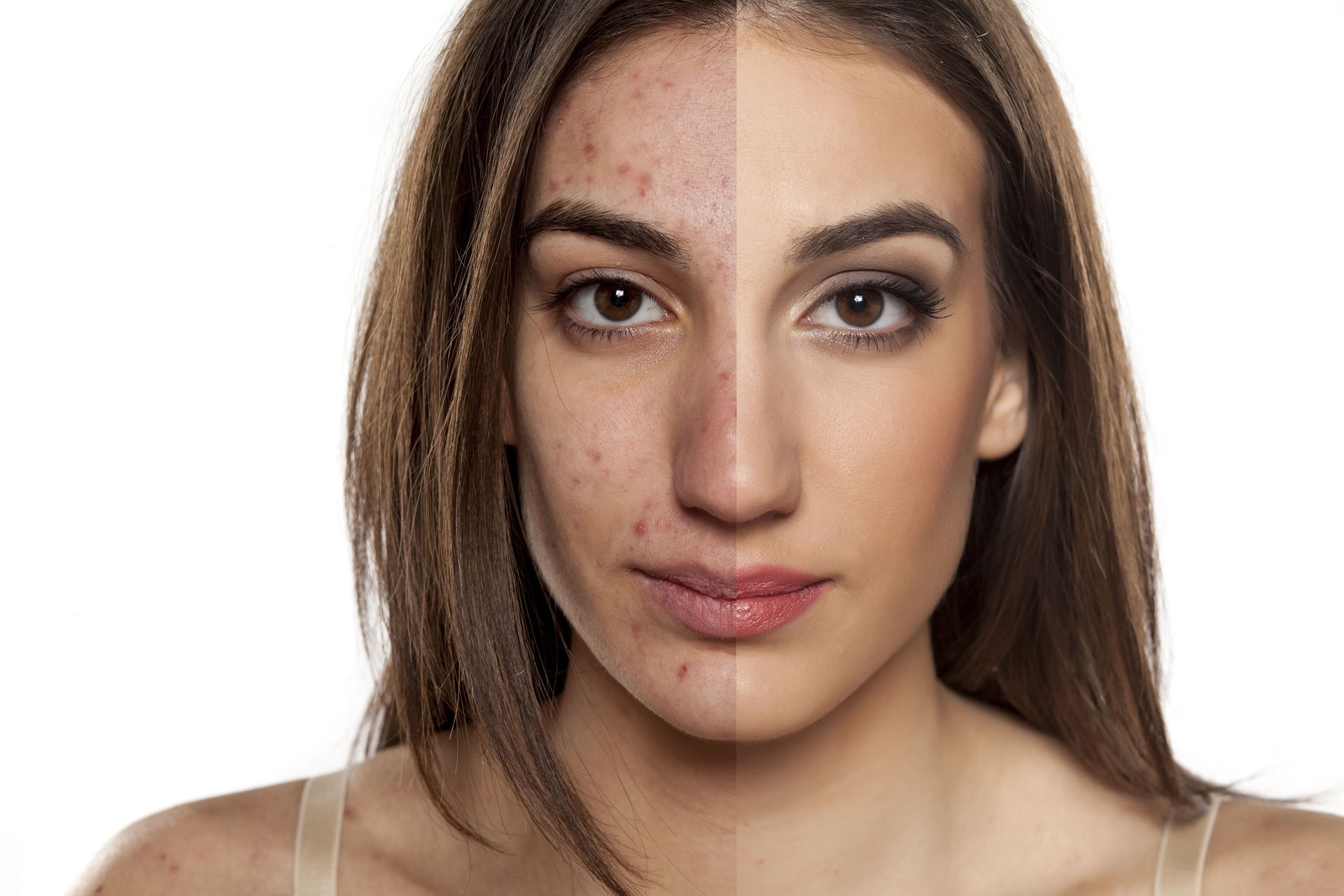How Does Eczema Differ from Other Skin Conditions?
Eczema is a commonly misunderstood skin disorder that impacts millions worldwide. Often confused with other skin conditions, eczema, or atopic dermatitis, presents unique characteristics that set it apart from psoriasis, contact dermatitis, and more. Understanding these differences is key for those seeking effective treatments and symptom relief. In this post, we'll delve into what distinguishes eczema from other prevalent skin ailments.
How Eczema’s Early Onset Sets It Apart
One distinguishing feature of eczema is its early age of onset. According to the National Eczema Association, 80% of individuals affected by eczema experience its onset before reaching six years of age. This early emergence is unlike many other skin conditions, such as psoriasis, which typically develops during adulthood. The early onset, coupled with its tendency to improve or resolve with age, sets eczema on a different course from other chronic skin disorders.
How Eczema’s Symptoms Differ From Other Conditions
Another significant difference between eczema and other skin conditions is the nature of its symptoms. Eczema is primarily associated with intense itching and red, inflamed patches that often cause a considerable amount of discomfort. Unlike psoriasis, which tends to produce silver, scaly plaques, or acne, characterized by pimples and cysts, eczema's symptoms focus heavily on inflammation and itchiness. This distinct symptomatology requires specific approaches for effective management and treatment.
How Environmental Triggers Affect Eczema More Significantly
Environmental factors also play a more profound role in eczema than they do in many other skin conditions. Eczema flares are often triggered by allergens, irritants, and weather changes, emphasizing the importance of identifying and avoiding triggers. On the other hand, conditions like psoriasis have a more significant genetic component, which often requires different management strategies focusing on internal factors. The lifestyle and environmental adaptations necessary for controlling eczema are thus more specific and demanding.
While eczema shares some similarities with other skin conditions, such as presenting with rashes and inflammation, its early onset, symptom profile, and environmental triggers distinctly separate it from others. Identifying these differences is vital for proper diagnosis and management, ensuring that individuals can pursue the most suitable treatment plans. As research continues, understanding the nuances in skin conditions will improve treatment outcomes and quality of life for sufferers around the globe. Give us a call at The Dermatology Clinic, P.A. to speak to one of our dermatologists about treatment options.











Share On: